One of the most important parts of being prepared is making sure your gear stays in good shape. While it’s tempting to toss supplies into your prepping bag and forget about them, many items have a shorter lifespan than you might expect. It’s easy to get caught off guard by things that expire, degrade, or lose potency—leaving you vulnerable when you need them most. That’s why staying on top of your supplies is key. Here are 15 things that you should regularly check and rotate out of your prepping bag to ensure you’re always ready for the unexpected.
1. Batteries

Batteries are essential for powering many of the tools in your bag, but they don’t last forever. Even unopened, most alkaline batteries lose their charge over time, with an average shelf life of about 5-10 years. In extreme temperatures, their lifespan can decrease even more. Rechargeable batteries also degrade, losing their ability to hold a full charge after repeated use. Make sure to swap out or recharge your batteries every year or so to ensure your devices are functional when needed.
2. Water Purification Tablets

Water purification tablets are a must-have for any survival kit, but their effectiveness fades after a certain period. The active chemicals, usually iodine or chlorine, can degrade over time, reducing their ability to kill harmful bacteria and viruses. Typically, these tablets have a shelf life of around 4-5 years, but factors like moisture and heat can shorten that window. Be sure to check expiration dates and replace them accordingly.
3. First-Aid Ointments

Antibiotic creams and ointments like Neosporin can start to lose their effectiveness after a couple of years. The ingredients that help prevent infections break down over time, making the ointments less potent. It’s a good idea to check the expiration dates on your medical supplies and rotate them to ensure that you can properly treat wounds in an emergency.
4. Sunscreen
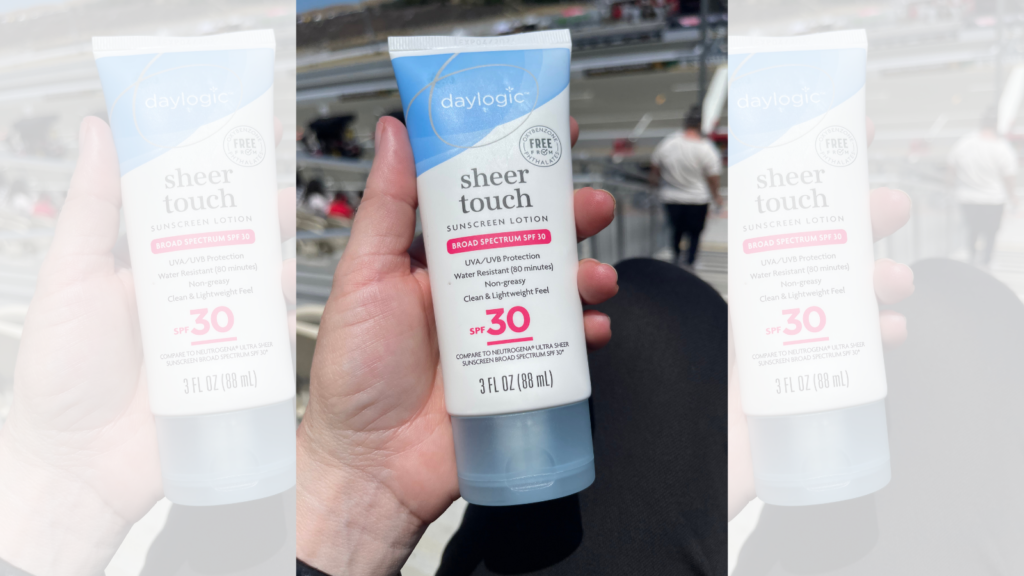
Sunscreen is one of those things we often forget to replace. However, after a few years, the active ingredients—such as zinc oxide and avobenzone—lose their potency, leaving you vulnerable to sunburn and skin damage. Typically, sunscreen has a shelf life of about three years. Store it in a cool, dry place to help extend its usefulness, but replace it as recommended.
5. Medications
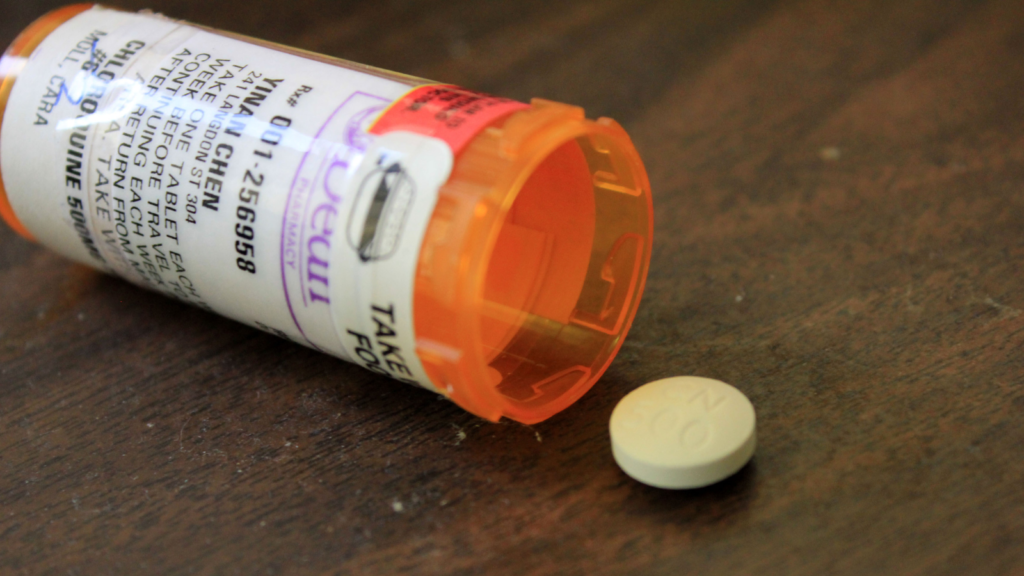
Over-the-counter and prescription medications both have expiration dates that should be strictly followed. After they expire, not only do they lose their potency, but some may even become harmful. Pain relievers, allergy medications, and antibiotics are all commonly found in prepping bags, so make sure to check those dates regularly and dispose of expired meds properly.
6. Matches and Lighters
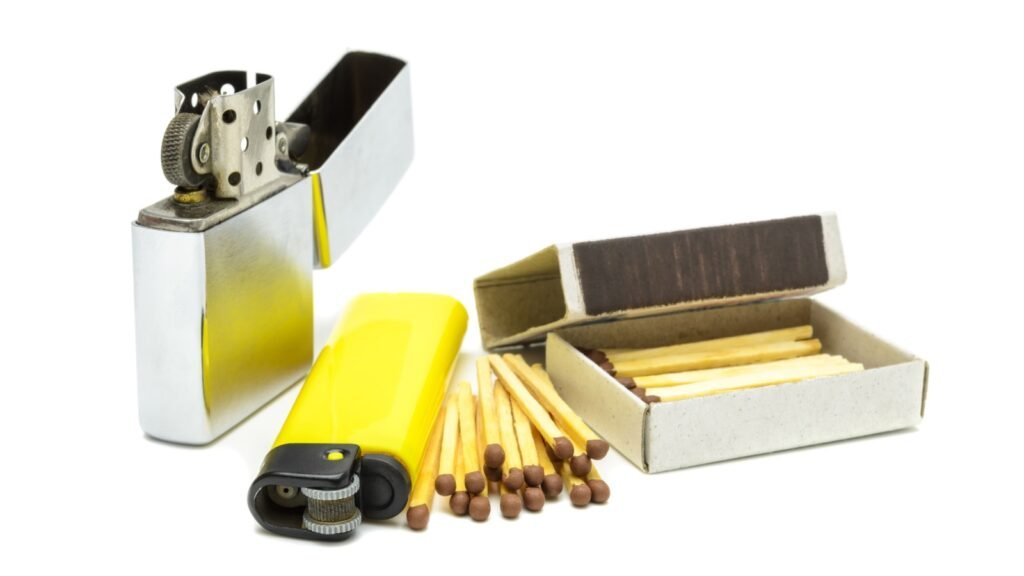
Fire-starting tools like matches and lighters are crucial for survival, but they don’t always have a long shelf life. Matches can become damp or damaged, and many lighters use butane, which can slowly leak over time. Even waterproof matches can degrade in humid environments. Check them periodically to ensure they’ll light when you need them.
7. Energy Bars

Many people stock their bags with energy or protein bars as an easy, lightweight food source. However, these bars don’t last as long as some other survival food options. Even sealed, they typically expire within a year or two. Heat exposure can cause them to spoil faster, so make sure to rotate them out regularly.
8. Adhesive Bandages
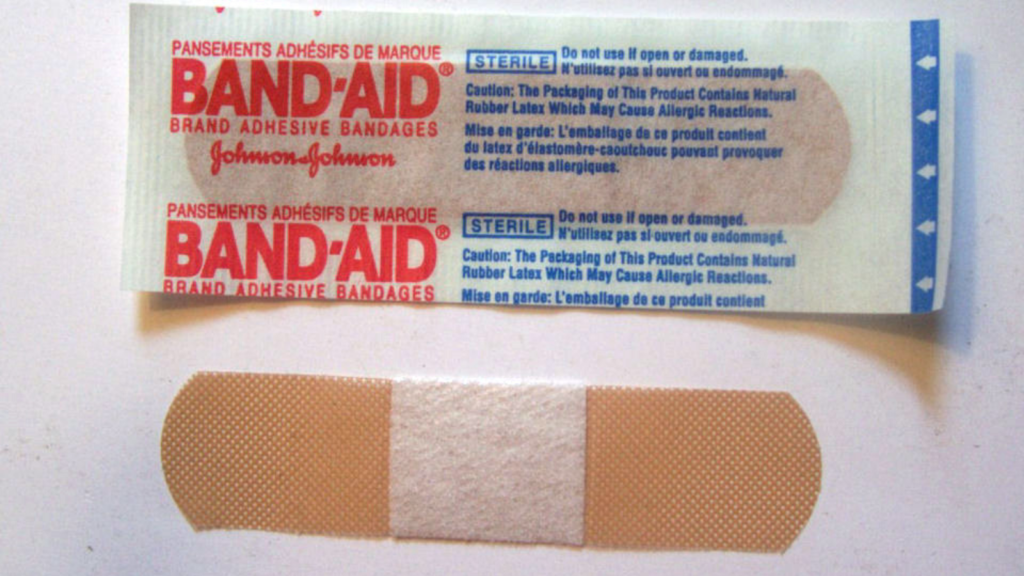
Band-aids and other adhesive bandages don’t last forever. Over time, the adhesive can dry out, making them less effective at sticking to your skin. Heat, moisture, and age can all cause them to deteriorate. Be sure to check the bandages in your first aid kit and replace any that look worn or dried out.
9. Chemical Hand Warmers

These little packets are great for keeping warm in cold conditions, but they do have a limited shelf life. Most chemical hand warmers expire after about three to four years, and once they hit their expiration date, they may not heat up as well—or at all. Rotate these out frequently, especially if you live in a colder climate.
10. Canned Foods
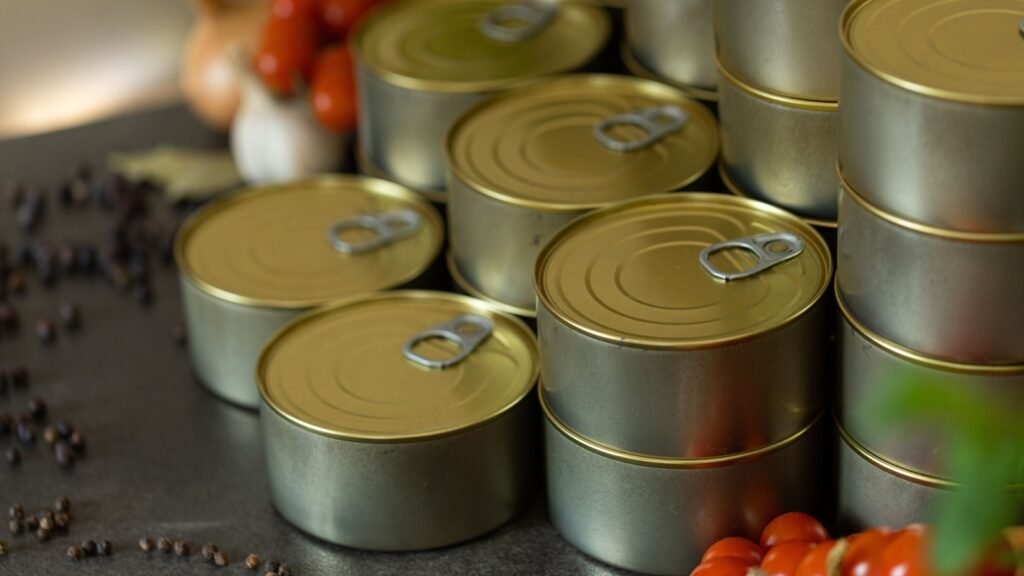
Canned foods are a staple in most prepping kits, but they don’t last forever. Over time, the food inside can degrade, even if the can looks fine from the outside. While some cans can last for several years, most have a “best by” date stamped on them. After that, the quality and taste can diminish, and in rare cases, the food could become unsafe to eat.
11. Toothpaste

Hygiene is important, even in a crisis, and toothpaste is something you’ll want on hand. However, most toothpaste has an expiration date—typically about two years. After that, it may lose its effectiveness at fighting plaque and decay. Check the dates on the toothpaste in your bag and swap it out when necessary.
12. Wet Wipes
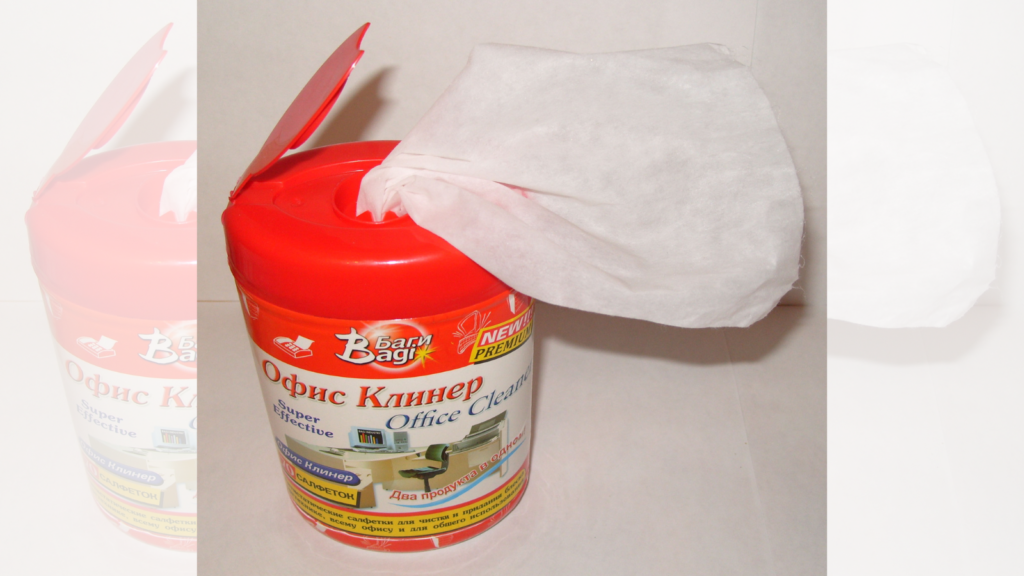
Wet wipes are incredibly useful for cleaning up in a pinch, but they don’t stay moist forever. After a couple of years, they can dry out and lose their effectiveness. Once they’ve dried up, they’re essentially useless. Check the packaging for any signs of drying or damage and rotate them out every year or so.
13. Glow Sticks
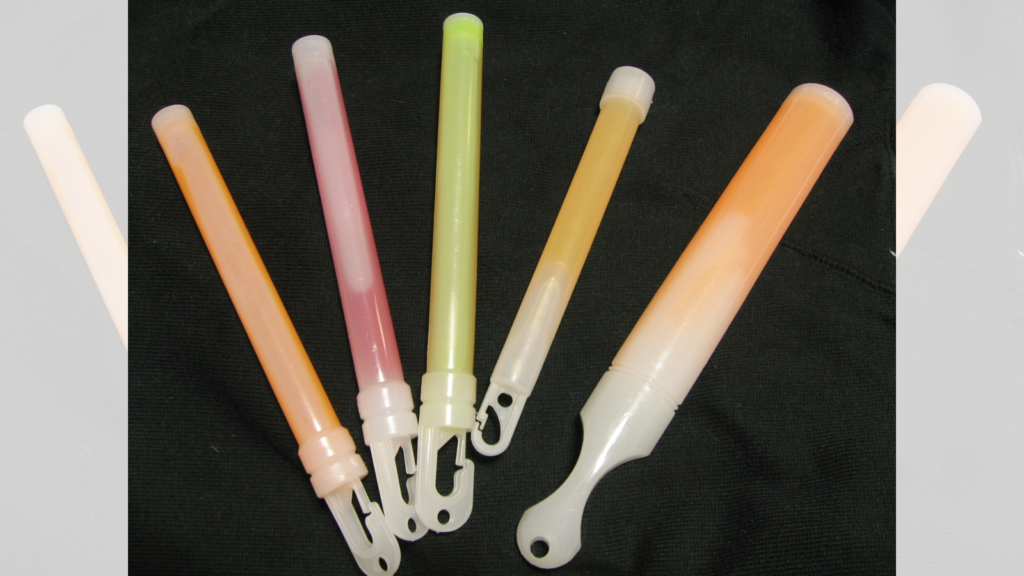
Glow sticks are a handy backup for lighting in an emergency, but they have a fairly short shelf life. Most glow sticks will last between two to four years before the chemicals inside start to degrade. Once they expire, they may not glow as brightly, or at all, when you snap them. Replace them regularly to avoid being left in the dark.
14. Water Bottles
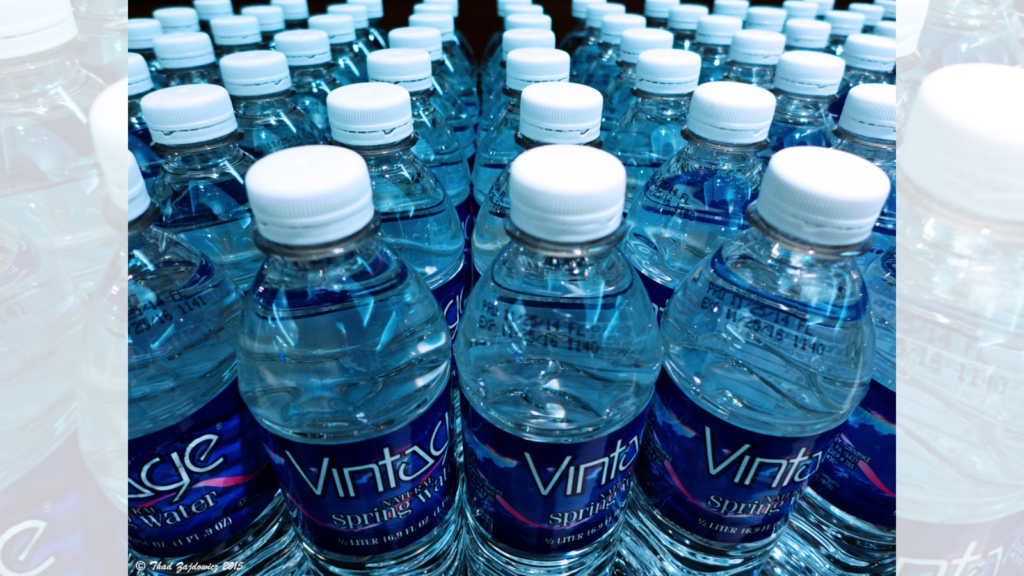
If you keep plastic water bottles in your bag, know that they don’t last forever. Over time, plastic can leach chemicals into the water, especially when exposed to heat or direct sunlight. While the water itself doesn’t expire, the container can make it unsafe to drink. It’s best to rotate your water bottles every six months to a year to avoid contamination.
15. Instant Coffee
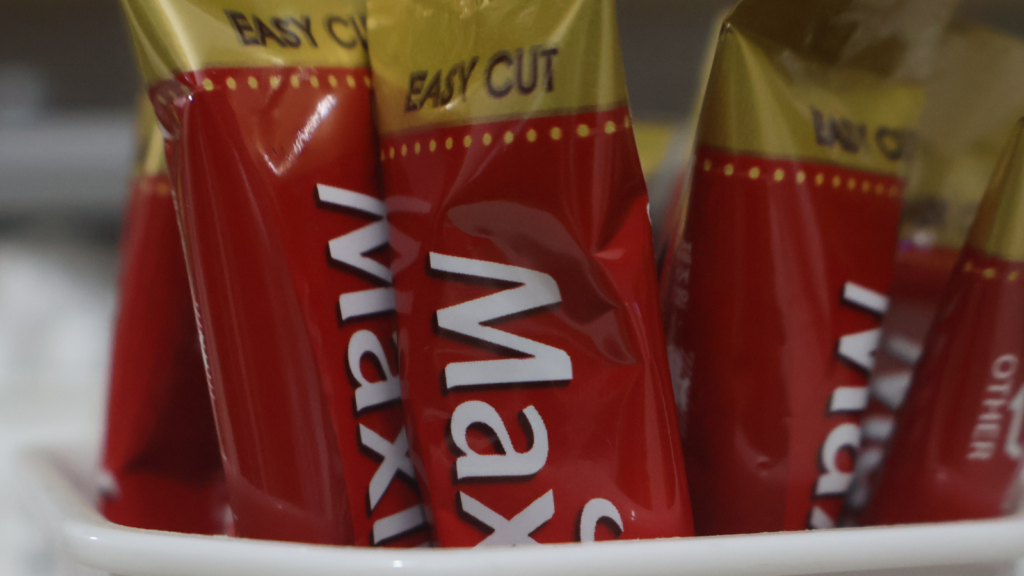
Instant coffee is a morale booster in tough times, but it doesn’t last indefinitely. The flavor and quality can degrade after about a year, especially if it’s exposed to moisture or air. While it’s not a critical item, replacing it regularly ensures you’ll have a decent cup of coffee when you need a mental lift.

